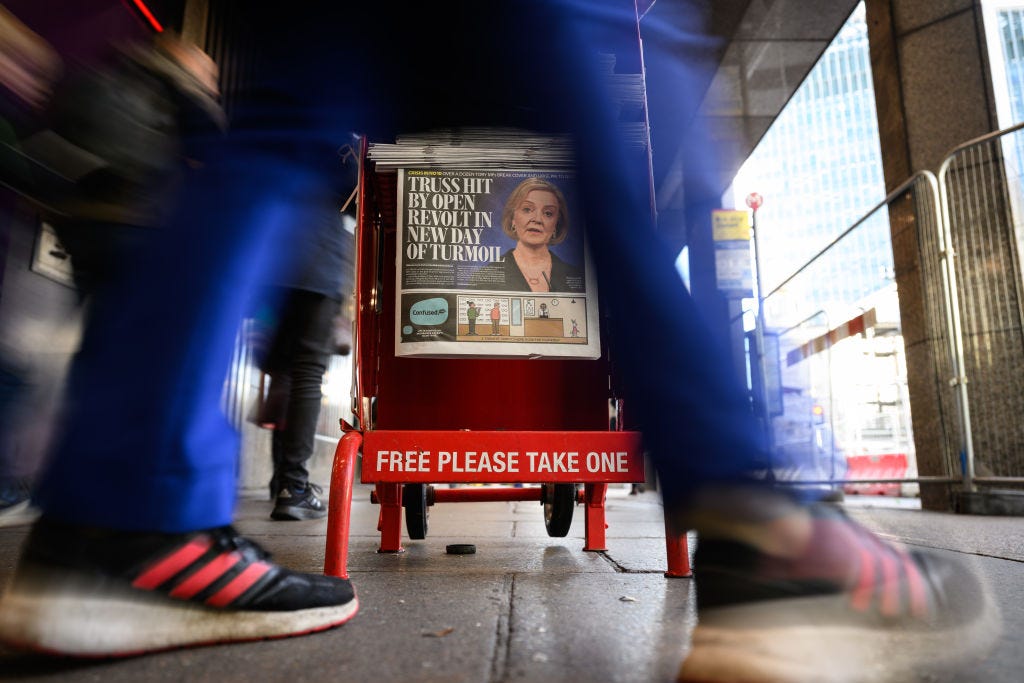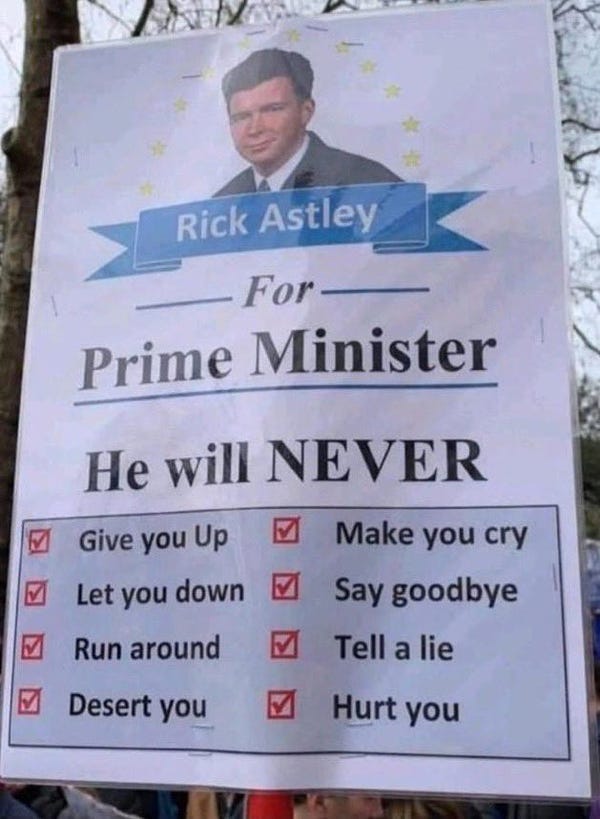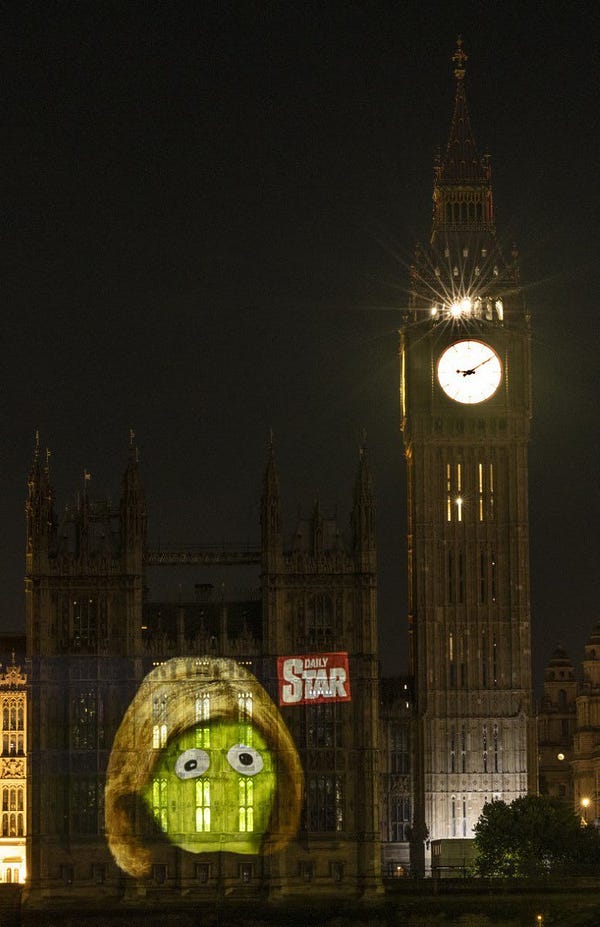TLDR: This week in geo-politics, the global economy and our local political economy, our inflation was hotter than expected as profit margins rose, Xi Jinping doubled down on China’s zero Covid strategy, the Government loosened migration settings without a population plan or enough infrastructure, and Liz Truss resigned.
The podcast above is a recording of our weekly ‘hoon’ (plural for Kaka) webinar for paying subscribers, which co-host Peter Bale and myself regularly do on Fridays for an hour at 5pm. This week’s edition includes special guests Robert Patman, a Professor in International Relations at the University of Otago, and Kelvin Davidson, the Chief Property Economist at CoreLogic. We talked about:
the chances of a Russian nuclear strike in Kherson this weekend;
whether Russia might have cut undersea cables to Britain;
why Iran sending drones to Russia is disturbing;
how the faster-than-expected CPI inflation figures here on Tuesday led to mortgage rate increases and may cool a reheating housing market; and,
what Christopher Luxon should learn from Liz Truss’ demise.
Here’s what I focused on this week
Ready fire aim - PM Jacinda Ardern denied the Government was flying blind on migration and hadn’t built enough infrastructure before removing its residency planning range and loosening visa settings (see my full analysis here from Tuesday);
It was the lettuce wot won it - UK PM Liz Truss resigned after 44 days in the job because global investors rejected her plans for unfunded tax cuts for the rich and an anti-climate approach, which offers lessons for Christopher Luxon here in my full analysis yesterday;
A profit-price spiral - Data on Tuesday showing CPI inflation in the September quarter of 7.2% from a year ago was higher than the 6.5% consensus forecast from economists, which I argued on Thursday is partly due to companies globally and here widening their profit margins because they have greater market power.
Some longer weekend reads
George Magnus is right on this. The Chip Choke is a very big deal.


Very worried Germans - Jeremy Stern’s piece in The Tablet this week about Germany’s fears about Russia and the winter is more than sobering. A chilling sample here:
“As many Germans see it, Ukraine’s dazzling advances do not leave Putin with the binary choice of accepting his own death and defeat or else embarking on Armageddon. He may instead be left with the potentially attractive option of deploying a tactical nuclear bomb to achieve a limited military objective in Ukraine, or of causing an “accident” at the Russian-occupied Zaporizhzhia nuclear plant and attempting to blame it on the Ukrainians. This would almost certainly trigger some sort of NATO attack on Russia—to which Germany would never, under any circumstances, ever agree. Berlin would instead lead a small dissenting bloc within NATO, including Hungary, refusing any use of its funds, communications, weapons, or territory. In other words, Germany would violate its treaty obligations—as Putin has likely judged.”
“NATO would thus officially break along the lines Putin knows it is already broken. The EU’s commitment to Ukraine would also fracture. The U.S.-German alliance would be no more. Even a small nuclear explosion would send markets crashing, and the German economy would grind to a halt. All of Europe would enter a depression more severe than anything Russia has experienced to date. It would no longer make sense to speak of “the West.” This, as much as reclaiming lost territories, would be Putin’s life’s work.” Jeremy Stern in The Tablet
Useful longer watches


Profundities, soberings and feel-goods


The Craic



Have a great weekend
Ka kite ano
Bernard





























Share this post